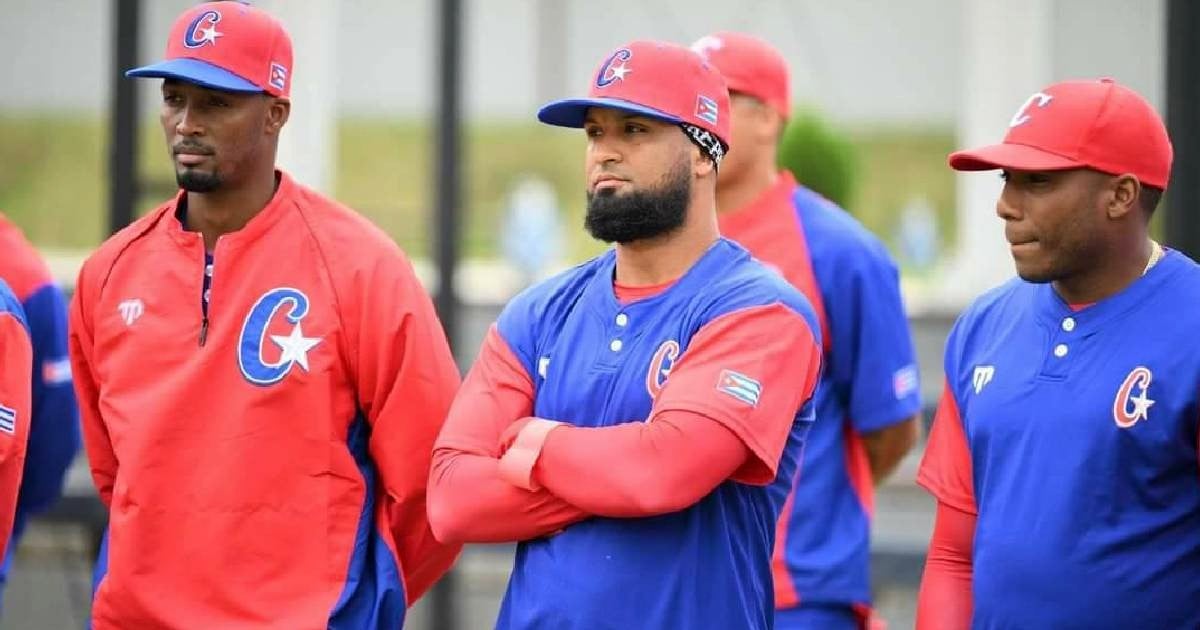The Cuban Baseball and Softball Federation (FCBS) made a public announcement on Monday, stating that the national team will not compete in the Antillean Baseball Cup, slated for February 21-23 in Aguadilla, Puerto Rico.
According to the FCBS, the current visa requirements for traveling to Puerto Rico have made it impossible for the Cuban team to attend the event. The visa application process demanded a lead time that could not be met due to the limited time available after the official confirmation of the invitation, as explained in a communication sent to the event's organizers.
This development highlights the logistical and bureaucratic hurdles that Cuban sports delegations face when trying to participate in international competitions, especially in regions under U.S. jurisdiction. The ongoing political tensions between Cuba and the United States, coupled with stringent immigration restrictions, have consistently been significant barriers to Cuban teams' participation in tournaments held in these areas.
The Antillean Baseball Cup is a friendly regional tournament aimed at fostering camaraderie and competitive spirit among Caribbean nations, where baseball stands as one of the most cherished and iconic sports. This event provides a platform for national teams to assess their competitive level and hone their skills, ensuring the baseball tradition in the Caribbean remains vibrant.
This year's edition, planned to take place at the Luis "Canena" Márquez Stadium in Aguadilla, included a schedule featuring the host team, along with Cuba and the Dominican Republic.
Challenges and Opportunities for Cuban Teams in International Sports
Why couldn't the Cuban baseball team participate in the Antillean Cup?
The Cuban baseball team could not participate due to visa processing requirements that couldn't be met in time, stemming from the constraints imposed by the invitation's late confirmation and the current U.S. immigration policies.
What are the implications of U.S.-Cuba political tensions on sports events?
Political tensions between the U.S. and Cuba significantly impact sports events by creating logistical and bureaucratic challenges, restricting Cuban teams' ability to participate in competitions held in U.S.-jurisdiction territories.
